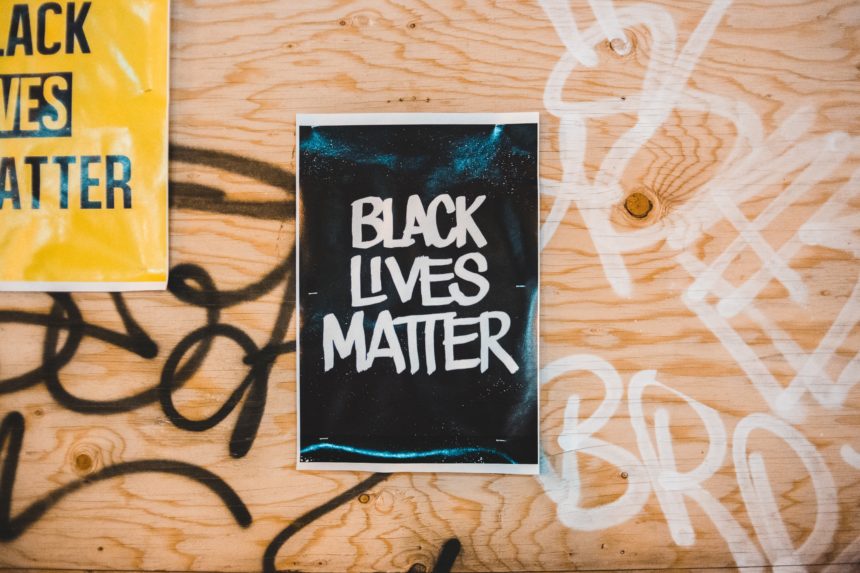Racial trauma characterizes the adverse, mental and physical impact on Black, indigenous, and people of color (BIPOC) due to first-hand or vicarious racism. For example, witnessing or reading about the death of an unarmed Black person can feel just as distressing as a personal encounter with racism or microaggressions – or the accumulation of many incidents over time.
Clinical symptoms of racial trauma, similar to other traumas, may include one or more of the following:
- Changes in sleep habits (i.e. nightmares, night terrors, insomnia, and/or persistent fatigue).
- Changes in eating habits (i.e. eating more or less than usual; relying on comfort foods such as sweets and carbohydrates).
- Anxious mood, (i.e. worry, rumination, difficulty concentrating, memory loss, or hypervigilence.
- Depressed mood (i.e. irritability, agitation, lethargy, sadness, or anger).
- Increased release of the stress hormone cortisol.
- Increased susceptibility to chronic illness such as cardiovascular disease.
Other terms used to describe racial trauma include race-related stress, intergenerational trauma, vicarious trauma, and systemic racism. Leading psychologists including Shawn Utsey, William Cross, Nancy Boyd-Franklin, and Derald Wing Sue have been writing about race-related stress the past three decades. However, the recent murders of George Floyd, Breonna Taylor, Ahmaud Arbery and countless others have prompted people of all colors – apart from mental health clinicians and researchers – to recognize and acknowledge incidents of racial trauma more than ever beforehand. This is noteworthy, not to pathologize the experiences of BIPOC individuals, but to shed light on the unspoken and persistent distress shared among so many people. Another example of racial trauma is the concurrent COVID-19 pandemic. The Centers for Disease Control recently published a survey demonstrating the disproportionate mental health impact among BIPOC individuals, compared to White counterparts.
If you or someone you know has experienced racial trauma, don’t hesitate to contact a licensed mental health professional and request a free consultation to discuss treatment options. In case of an emergency, call 911 or go to the nearest emergency room.
All my best,
NLF
DISCLAIMER: Bell Fischer Wesley Therapy & Consulting, LLC is pleased to provide you with this website for your personal education and informational purposes only. Nothing found on this website (or social media pages) is intended to be a substitute for professional psychological, psychiatric or medical advice, diagnosis, or treatment. Bell Fischer Wesley Therapy & Consulting, LLC assumes no liability for any diagnosis, treatment, decision made or action taken in reliance upon information contained in this website or any other internet sites linked to it in any way.

